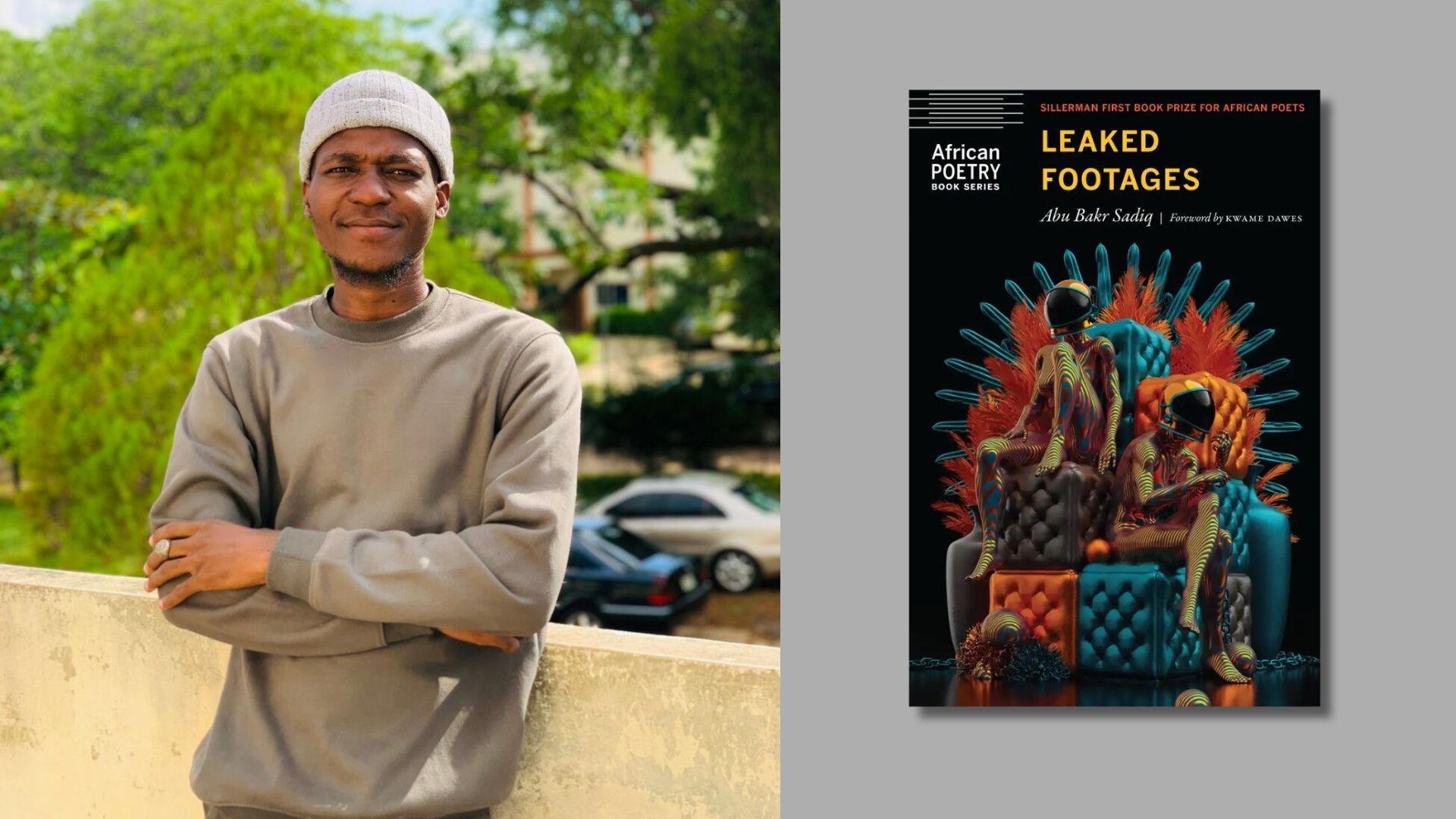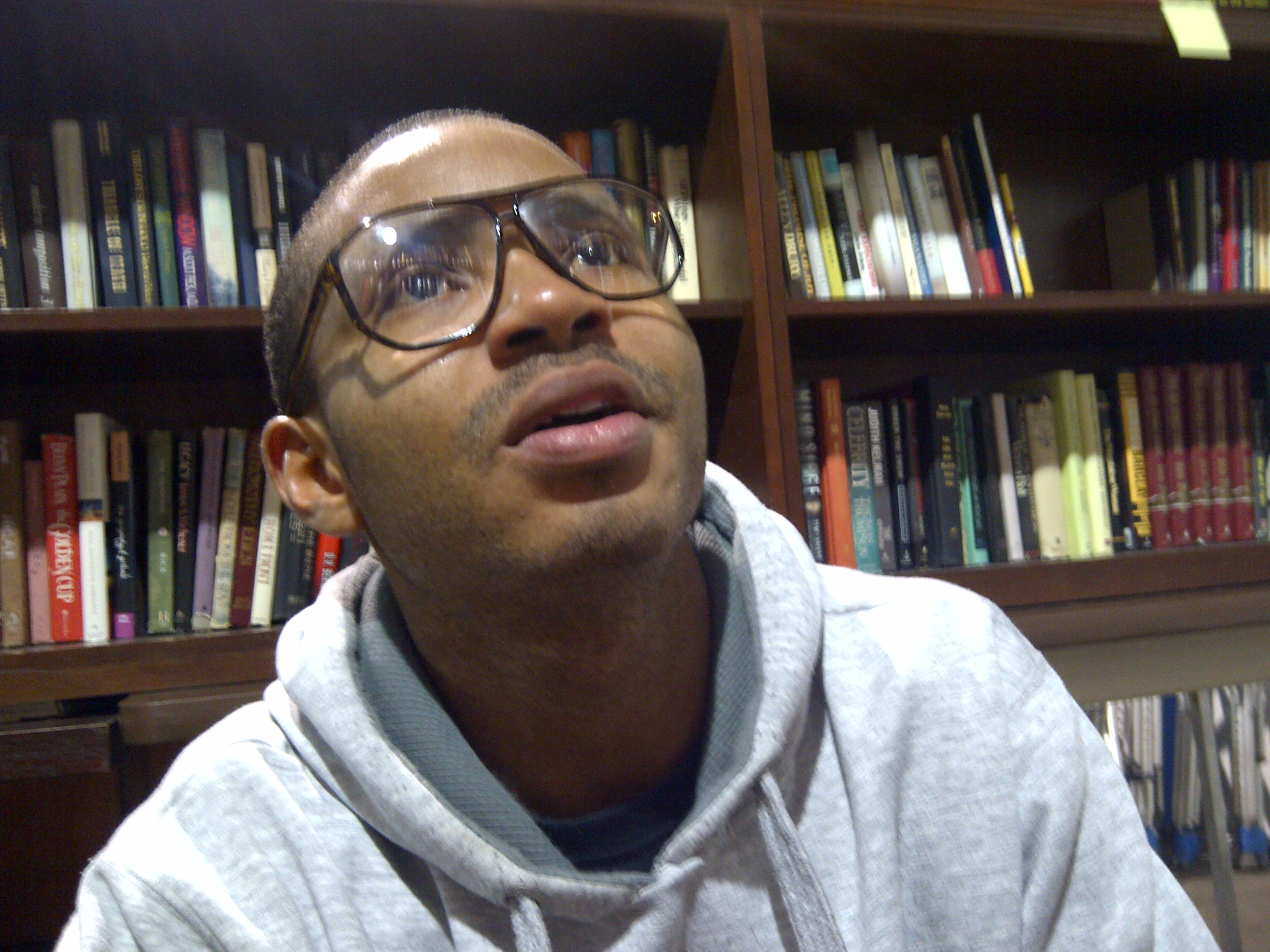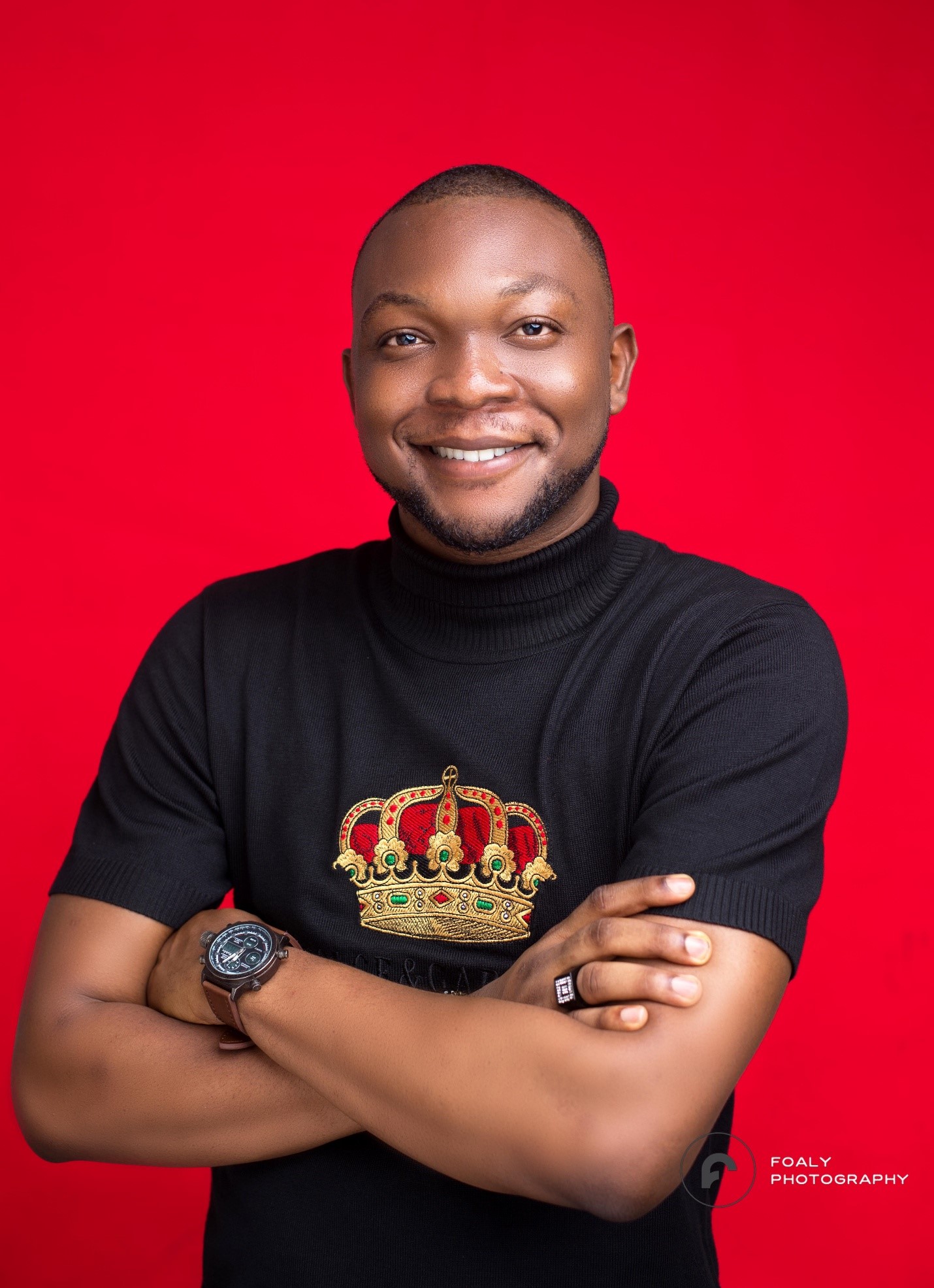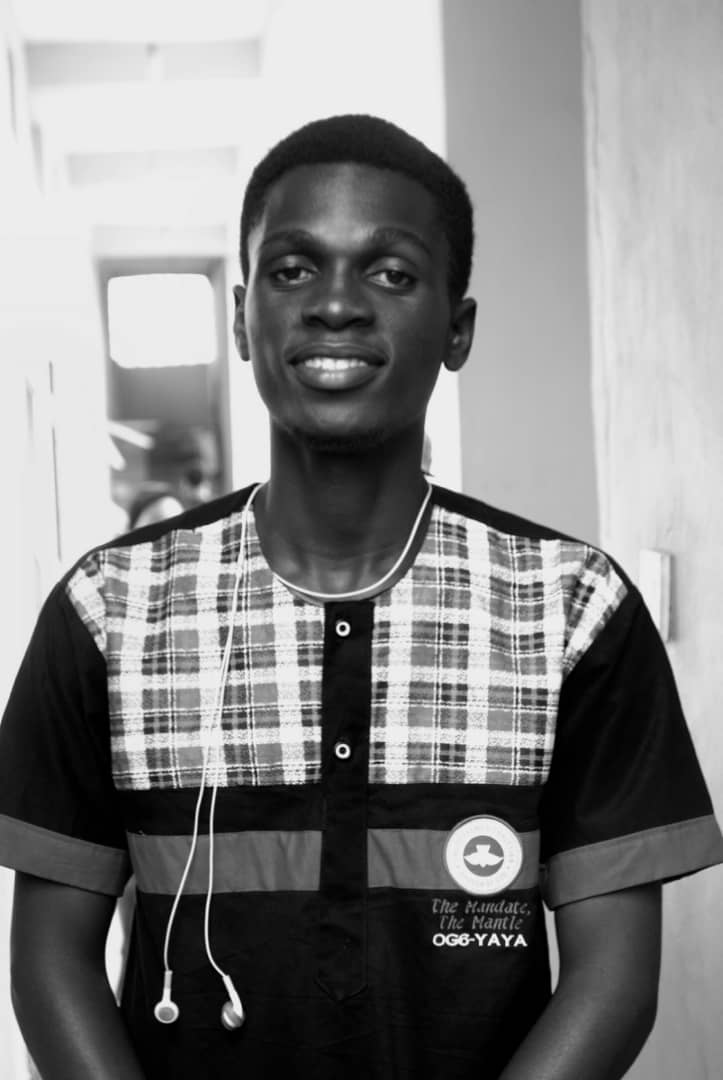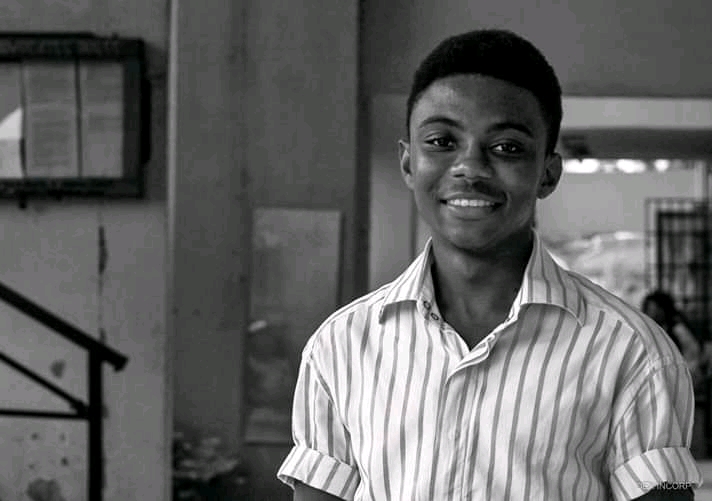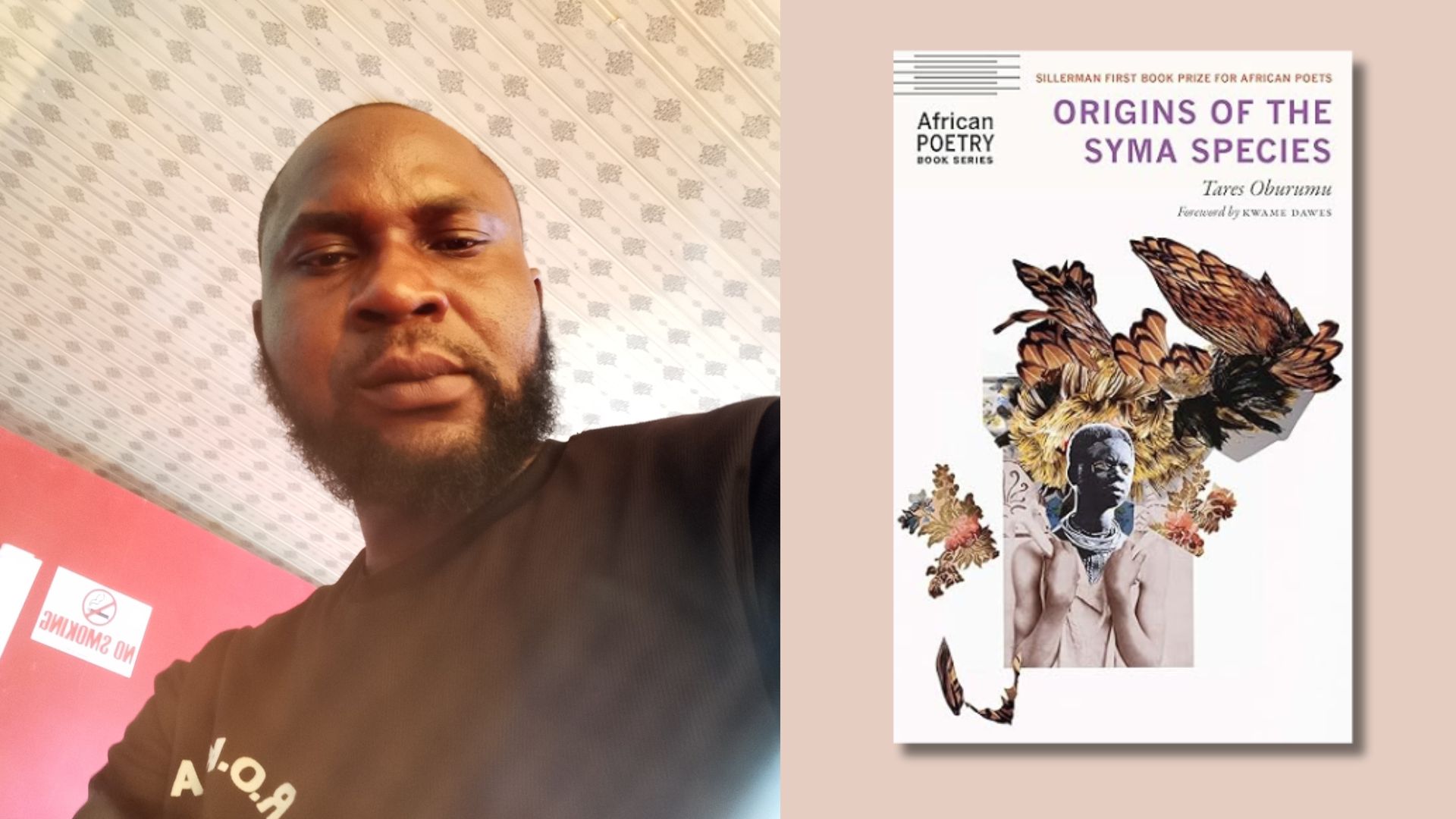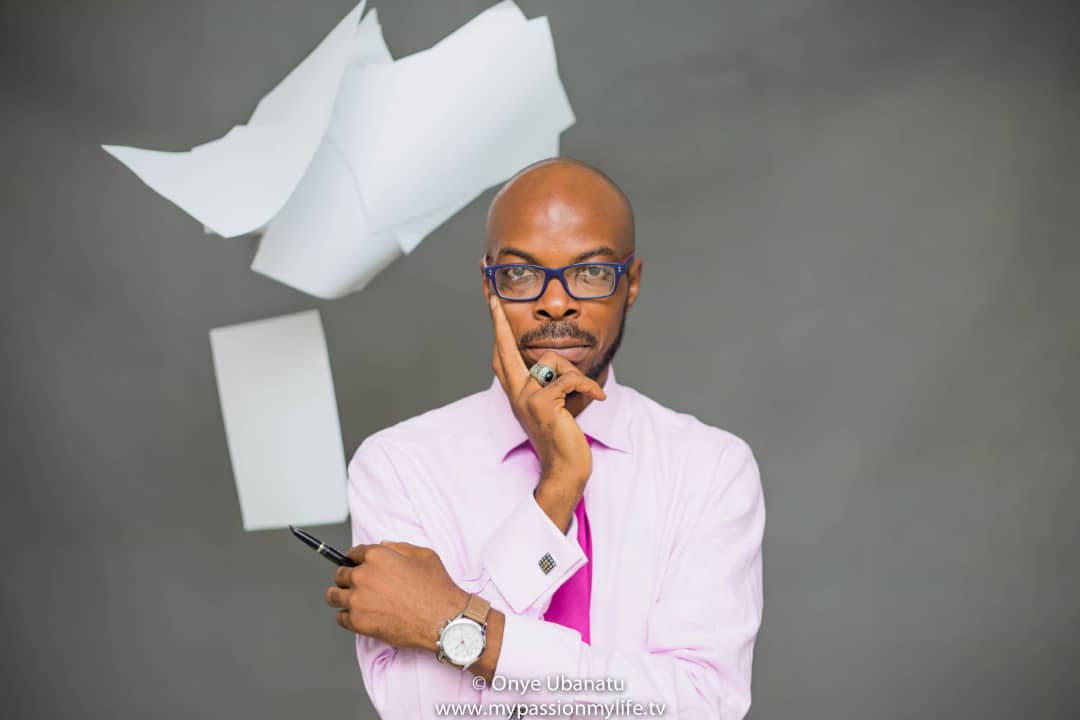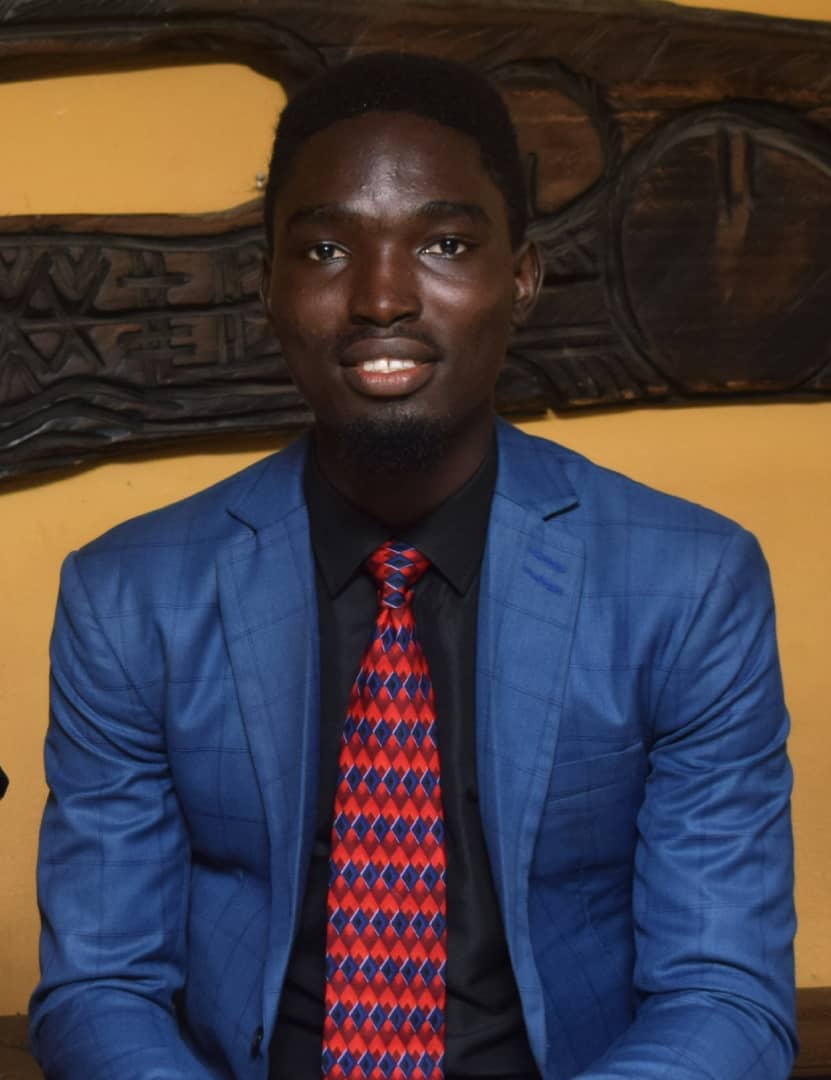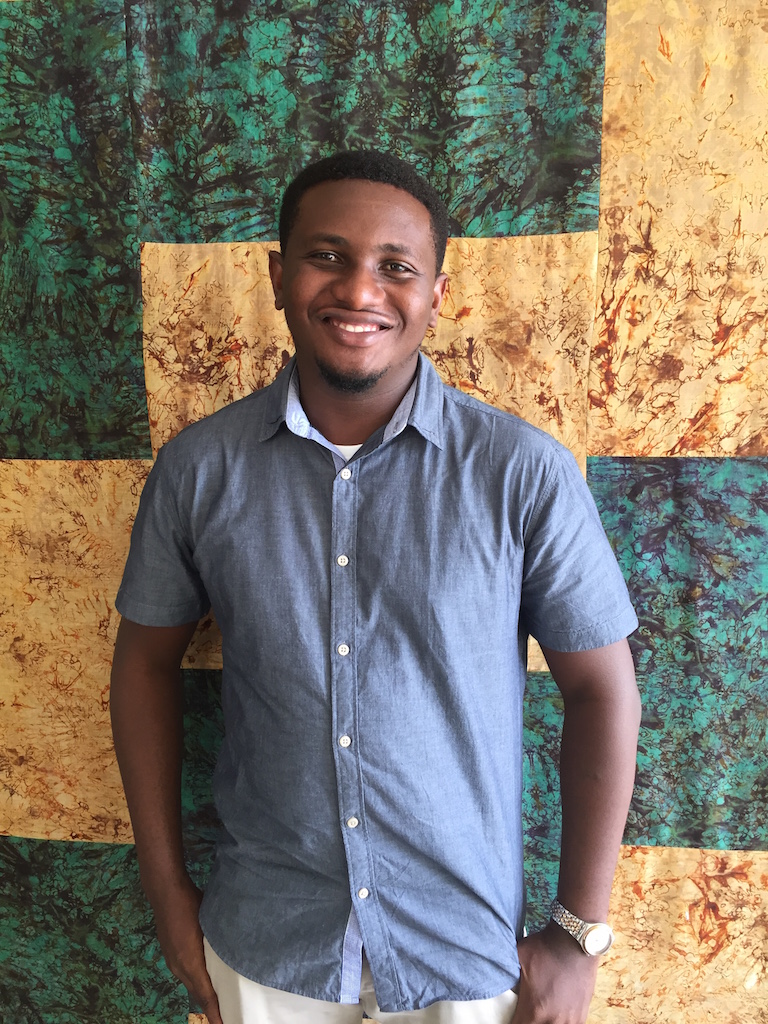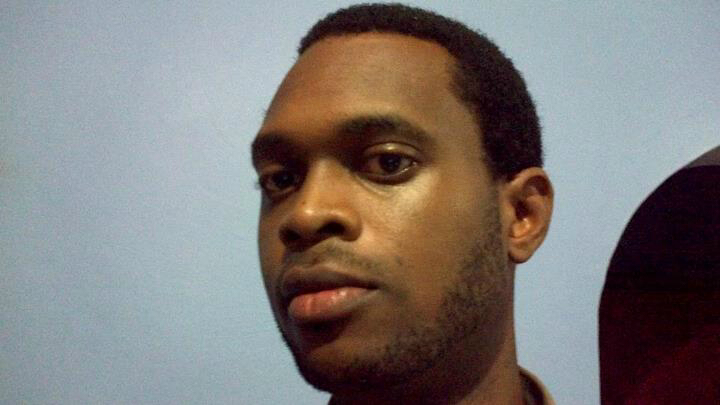Michael Akuchie, Editorial Intern(Interviews), speaks to Anthony Okpunor, award-winning Nigerian poet on behalf of Nantygreens.
I first came across the enigmatic poet, Anthony Okpunor, when he sauntered into a meeting of the Creative Writers’ Workshop, University of Benin, Nigeria. Anthony, an Engineering student who had a humongous interest in the craft of writing especially poetry, was effortless in attracting me to him. It was mid-2019 and I was the Workshop Coordinator at that time. When he read his first poem for us, published by Praxis Magazine, and inspired by the phenom, Romeo Oriogun, I could not prevent an attraction toward him even if I wanted to. Everything he did was right, magnificent and I thought of him as a welcome addition. Anthony weaves together thoughts, makes magic from them in glorious ways. Everything he does with poetry, so far, is deserving of attention.
For Nantygreens, we discuss craft; the joys, sorrows, the impact of prizes and accolades, the prospects for a young Nigerian creative living in Nigeria. I ask the questions and Anthony replies in the best possible way about how poetry is his tool for self-expression.
Michael:
For many, winning a prize brings with it a totality of joy in soul and renewed drive to keep up their craft, is that the same for you, Anthony? Did winning the 2019 Annual Kreative Diadem Creative Writing Contest materialize that same feeling?
Anthony:
First off, winning a prize is never a test of competence, neither is it a test of true art. Judges judge based on their own opinion(s) who and what deserves regard. And since that single decision is based on opinions, it will never truly be a measure fit to gauge an artist.
Winning the prize brought with the money a fine expression of grace, but the will to always keep at my art & craft has always been internal.
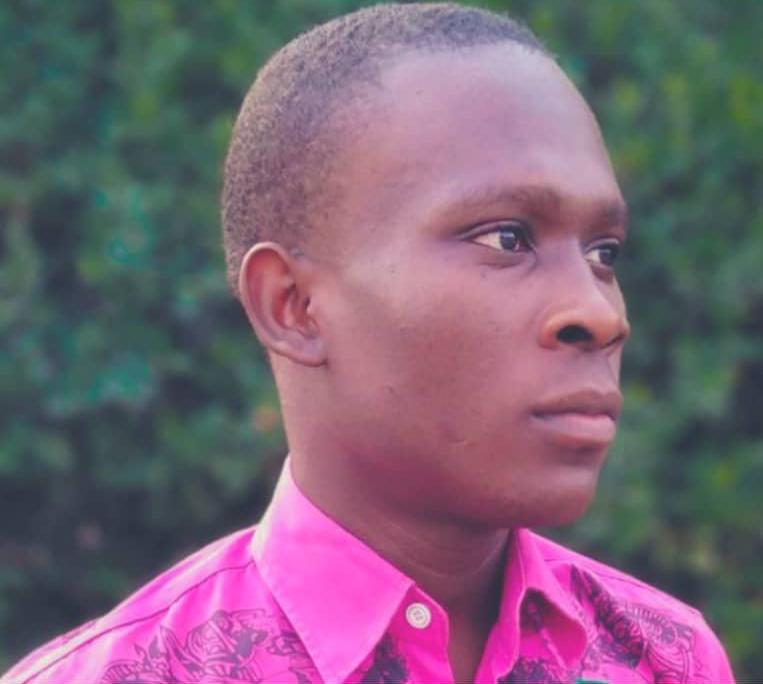
Michael:
Your published biography states that you find poetry as a form of self-expression, an amplification of emotion, thought and sound. When did this realization emerge and how have you continued to use poetry in the manner your biography implies?
Anthony:
Growing up I have always loved the way words come together in verse & song to balance emotion with silence. It was in my secondary school days when I had come best in an essay examination that the art began to seek me. Even from those days I stammered. So getting words out wasn’t as easy thing for me. Writing provided a medium for me to say whatever beauty I was grooming in my heart without killing it off with annoying repetitions.
Michael:
Reading through your poem, “ABIA IS THE ONLY STATE MENTIONED IN THE BIBLE, CORONAVIRUS WILL PASS US BY: ONE DAY WE WILL ALL WAKE UP AS CLOWNS“, published by Rattle Poetry Magazine, I discovered that you employed verse as a medium to criticize a statement made by a Nigerian public official as regards the Coronavirus pandemic. What did you want readers, familiar to you and otherwise, to gather from that interesting work?
Anthony:
As I commented on the magazine, it will always baffle me as to how Africans affix religion to every detail. There is a place for common sense, you know. But in Africa, and in Nigeria mostly, that place is almost lost.
I am a Christian —and it is something that comes without any form of apology, but then my faith shouldn’t make me stupid. That’s where religion comes in, and it is one particular role it plays amongst others. I saw no reason why a full grown government official would make such a statement. What is most painful is not what is said most times, but how susceptible people are to obvious ideals. Well, this is motherland: there’s nothing new under the sun.
Michael:
Your craft, largely confessional, often bears motifs like “Home”, “Longing”, “Loss” and “Family”. Is there a motivation behind the semblance of these concepts? Perhaps a stream of true-life experiences or the experiences of someone else dear?
Anthony:
It is true that most of the poems I write, I write for those I care about. My gospel is always love, but it is something that cannot give itself its own definition. So I route it through the things you have mentioned to tell a story. Most times these stories are not mine, but I write them anyway with the intent of healing. Other times the experiences are mine, or a testament to what I have collected as true.
People tend to talk when there is someone to listen. I have seen loss in the voice of people who have leaned on me, and on days I want to write them a lullaby. I have also watched friends long for all things zestful. It is a beautiful thing as a poet, to be able to take in all that energy like they were yours. I just tell “love” the way I can, then the poet in me takes the form of every conversation I’ve ever had. The world calls these things poetry.

Michael:
The title of your poem, “These Nights Will Speak Of Us”, selected by the judges of Palette Poetry Magazine as a Finalist for its Spotlight Poetry Award, is the kind that leads the reader into a journey of guesswork. To unravel the mystery behind those words. How did your thoughts shape into that delightful poem and what do you truly mean by “These Nights Will Speak of Us”?
Anthony:
It is a poem about survival. Survival in all its forms. There are people I constantly have to be strong for, they keep me in a certain way. But I have to check up on them too, to keep them in a certain way. The world is a beautiful place with beautiful songs. But not all of us can afford to sing at the same time. Life happens eventually. And there are not enough hands to signal us: “come, we will ride into any storm together”.
I wanted the poem to be just that; someone in the middle of the storm, someone who knows what to sing. All I had to do was think of this, the poem came on its own.
Michael:
Art is an imitation of life. Everything that’s written, sung, painted, danced to or watched has been motivated by something else before it. Which artists have largely influenced your craft and its development?
Anthony:
Elizabeth Woolridge Grant, known widely as Lana Del Rey. I find her songs soulful and timely. Seeing that she was a poet (which she still is) before a singer, she strikes all the right chords. There is the recently deceased Bill Withers. I loved his songs growing up, I believe they were the closet things I had to a definition for love and selflessness. Also Luther Vandross: an artist who had a very beautiful soul (RIP). I find the songs of Kenny Rogers (RIP) to be adventurous. Relaxing too. Then there is Jacob Banks; a furnished poet & artiste. At the top is Nina Simone and her blackbirds. Asa. And many others.
I read Shakespeare a lot. I want to know what made him write the things he did, and how he wrote them. I also go over works of both contemporary and traditional poets all the time. I wouldn’t be able to list them all. The list is endless.
In summary, good art influences mine. Be it music, poetry, drawings, paintings, or whatever. I appreciate the sincerity it takes to put them out there.
Michael:
“I would call killers—artists”, is a line cropped out of your poem published on African Writer, “If Wishes Were Horses”. As far as remarkable lines go, that’s a trend setter. What is behind that line? What’s the thing you wished you express to us hence the line?
Anthony:
It is the simple thought that everyone is an artist. We just express ourselves differently, & with different means. When you get to read through the whole poem, you will see the light where that line in the poem is coming from.
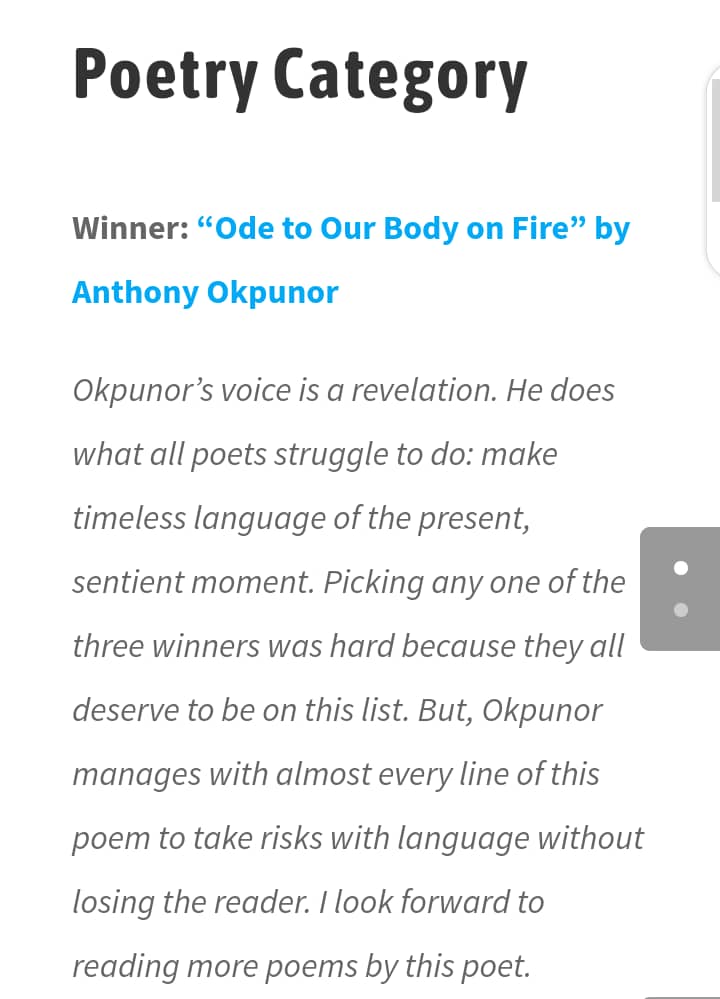
Michael:
The Nigerian literary space suffers a deficit of magazines which are play technical role of a home for the established and emerging voice alike. With the continuous decrease in spaces, there has never been a greater flood of creatives seeking spaces in the abroad than right now in this generation. What are your thoughts and how do you think this dearth of spaces could be remedied?
Anthony:
What you are saying is precise. There have never been a time like now when writers and creatives are seeking a place where their works can call “home”. Because of the scarceness of these literary bodies, creatives are forced to look outside for a voice. And it shouldn’t be so. Creatives should be welcomed in their own homes first before anywhere else, but since there are just one or two —three or four writing houses, then their actions is not without reason.
If universities in Nigeria were to host art festivals or things as simple as competitions, it would go a long way in helping Nigerian students master their craft. A large population of Nigerian writers are undergraduates, many of them in fields that do nothing to appeal to their writing. The system here does little or nothing for students when they leave school. These ones, if they had been involved in extra-school activities, would be able to mark a path for themselves, rather than waiting on the dying government for employment. It is sad that many of them never get to discover they have these amazing gifts.
Established writers can help in this worry too. It is true that many of them never had someone in their emerging days to move them up the ladder, and it is sad. But so far they’ve reached, I think a lot is worth helping the younger generation. We cannot rely on the government to listen. The joke would be on us. I think this way we —together, pushing one another towards excellence and reward —would be able to power through.
Michael:
Anthony, kindly guide us through the entirety of your writing process? Describe your coping mechanism when faced with seasonal self-doubt.
Anthony:
As a general rule, I do not get in the way of my art. I like the unknown places it takes me. I leave the editing to my completeness. I often write it as it comes, then come back a day or a week or even months after for an edit.
As a creative, ideas can hit you at any point so you have to stay ready. What I do is I keep my diary within reach when I’m home, or I take a medium of writing when I’m out. Most times it is the notepad on my device. I mean, that is how “These Nights Will Speak of Us” came to me. I was in my thoughts when it hit me. I immediately put it down, and made some notes under it. I wrote the poem much later.
Often when I doubt what I have, I read. It takes one’s mind off one’s problems. It is that perfect distraction. But it only holds relevance because in it —in digging into someone else’s work, you will find light when you stay long enough. So buying and receiving books is not an option for me. It shouldn’t be for anyone serious about almost anything.
The most effective of them all is I remember why I’m doing all of this in the first place. I remember the people I’m doing it for, and why it is so important; why I cannot stay in that self-doubt. So after a while, the feeling leaves on its own & I’m left with fire & wind once more.
Michael:
In two sentences, share the details of your first attempt at writing. How did it feel for you?
Anthony:
It was bad. But in my head I was Shakespeare.
Michael:
If you were to write something other than a poem, say a nonfiction piece, what would you title it?
Anthony
“Every time the sun sets, it rises again.”
Michael:
Six poets whose work you return to on end?
Anthony:
Chris Abani. Ilya Kaminsky. Aja Monet. Safia Elhillo. William Ernest Henley. William Shakespeare.
Michael:
Have you got some craft advice you would like to share?
Anthony:
Study. Give time to your art. Be patient. Connect. Always stay informed. Work hard. Sleep (rest).
About Anthony Okpunor:
Anthony Okpunor is an emerging Nigerian writer who discovered poetry and writing in general, as a better form of self expression. He lives and writes from Asaba in Delta State. He is a student of the University of Benin at the time. He was shortlisted for the 2019 Nigerian Student Poetry Prize. He was also shortlisted for the SEVHAGE/Angya Poetry Prize 2019. He emerged as winner of the 2019 Kreative Diadem Annual Creative Writing Contest (poetry category). He made the shortlist for the 2020 Palette Spotlight Poetry Award. His works have appeared on online platforms including African Writer, Praxis Magazine and Rattle.
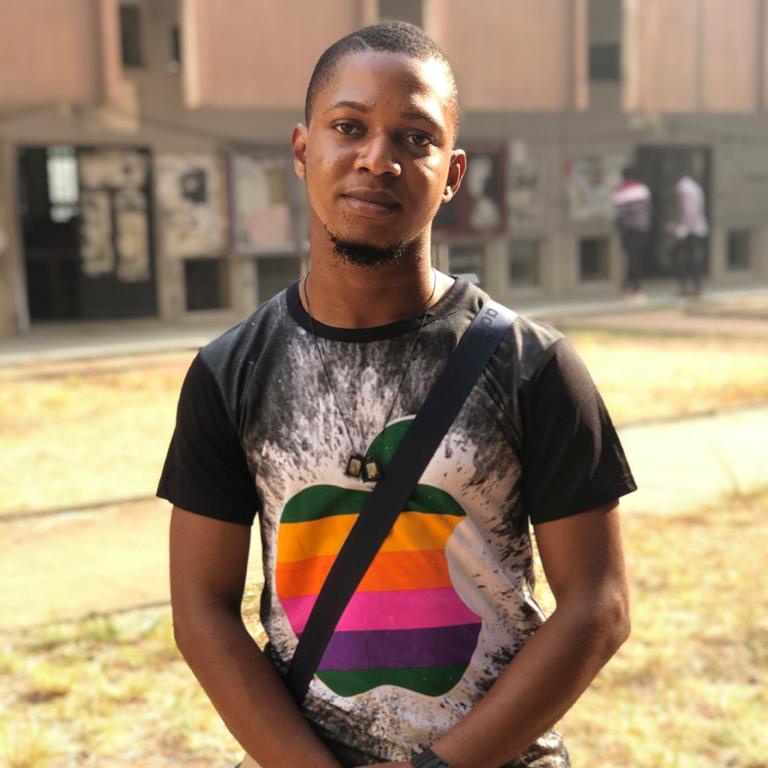
About Michael Akuchie:
Michael Akuchie, Igbo-Esan-born poet, has poems appear/forthcoming in Little Death Lit Dovecote, Anomaly, Mineral Lit Mag, Memento: An Anthology of Contemporary Nigerian Poetry, The Mantle, Inverse Journal, Glass, The Roadrunner Review & elsewhere. His chapbook manuscripts, “WRECK” & “HEMORRHAGE”, received honorable mentions in the shortlist and longlist of Rhythm & Bones Press & Kissing Dynamite respectively. An Orison Anthology nominee and 2020 Roadrunner Poetry Prize Winner, he tweets @Michael_Akuchie. He is a final year undergrad in English & Literature at the University of Benin, Nigeria. He serves as Editorial Intern(Interviews) and Poetry Contributing Editor at Nantygreens and Barren Magazine respectively.

